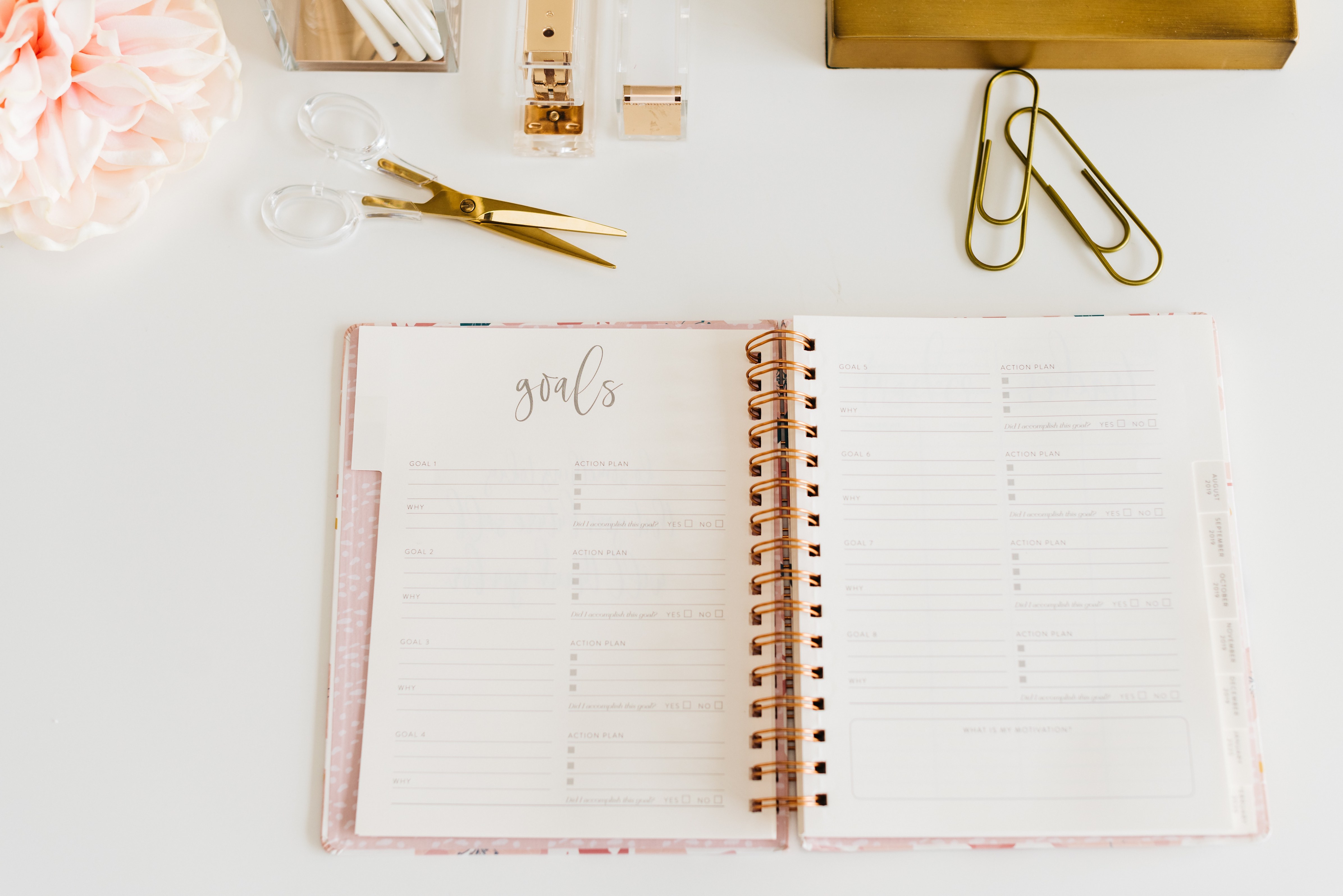
18 Feb 2020 vision: Sticking with your goals
It’s hard to believe that we are already over a month into 2020. As we settle into this new year and new decade, it’s a good time to revisit the goals we set at the onset of the new year (and if you didn’t set goals hopefully this will motivate you!).
For many of you, the goals you set come in the form of New Year’s resolutions. Rooted in religious tradition, New Year’s resolutions date back to the ancient Babylonians some 4000 years ago. In present day, resolutions represent an individual goal or improvement intended to bring forth improvements in one’s life. Exercise more, eat healthier, and save more money are among the most common New Year’s resolutions made year after year. We are usually trying to adhere to some significant changes in routine…and now is the time when things may become difficult. Did you know that 80% of New Year’s resolutions fail by mid-February?
Take a moment to consider that fact as we have now reached mid-February. Let me ask you this, are you going to let yourself be a stat? Many of you, despite starting off so strong, will start to let go of the little things and let your discipline slide. Then before you know it, you slip back into your old, comfortable ways – one missed workout becomes two, and then three, and so on. Or you start sleeping in so you don’t get that workout done, or make time for meditation, or accomplish whatever it is that you set out to accomplish at the beginning of the year.
I am here to tell you to keep going!
This is the most crucial time when it comes to creating new positive habits. When you set an intention, you are essentially setting a goal for yourself and it is achieved mainly by discipline and modifying past behaviours. Yet, when setting resolutions, many people tend to take an “all-or-nothing” approach. Goal-setting however, is a methodical and intentional process that takes careful consideration, planning, and measurement.
Research shows that it takes over three weeks to create a new habit. Keep in mind – there is no magic formula. Everyone is different. For some people it may take 21 days, others 66 and some up to 8 months. Researchers from the University College London studied 96 people, observing their habits for 12 weeks; they found that on average it took around 66 days for a new behaviour to become automatic. Regardless of the amount of time it takes, in order for the habit to stick, you need the discipline to stay on track to see it through.
Remember, if you have set goals, it’s likely because you wanted to change or improve something, be it personally or professionally. That said, change doesn’t happen overnight and if your goal is to run a marathon, you can’t simply wake up one day and hit the pavement to conquer 42 kilometers – well I certainly can’t anyway! To achieve this goal you need a plan and stay in the process of training your body and mind.
Whether your goal is personal or professional, short or long term, there are a number of steps you can take to help you achieve your goals this year.
An important first step to creating change is to make sure you set SMART goals:
- Specific (simple, sensible, significant)
- Measurable (meaningful, motivating)
- Achievable (agreed, attainable)
- Relevant (reasonable, realistic and resourced, results-based)
- Time bound (time-based, time limited, time/cost limited, timely, time-sensitive)
Once you identify your SMART goals, I’ve highlighted several tips that will help you achieve your goals this year:
- Create a plan. The ‘HOW’ is the most important part of the process.
- Consider if your goals match your values. If this is your first time trying to make a change, James Clear stated the best way to get started is to start small and never miss two days in a row.
- Take it one step and one day at a time. You need to start somewhere to get to where you want to go.
- Accept that failure is going to happen and use it as a tool to reset and keep going.
- Write down your daily intention – something you will do during the day that will help you achieve your goal and associate a positive mood or character with this activity? For example, how would you like the activity to make your body or mind feel?
- Imagine yourself executing this skill or activity to the best of your abilities.
- Take note how you will feel after the end of the day if you stay disciplined and make the right choices, even after failure.
Be Kind. Be Bold. Be Brave.
Dr. Beth McCharles is a leading Performance Coach in Canada. A former elite soccer and hockey player and coach, Dr. McCharles is passionate about helping performers find their inner drive and confidence. To find out how Dr. McCharles can help you reach your optimal performance potential, contact her at hello@bethmccharles.ca.


